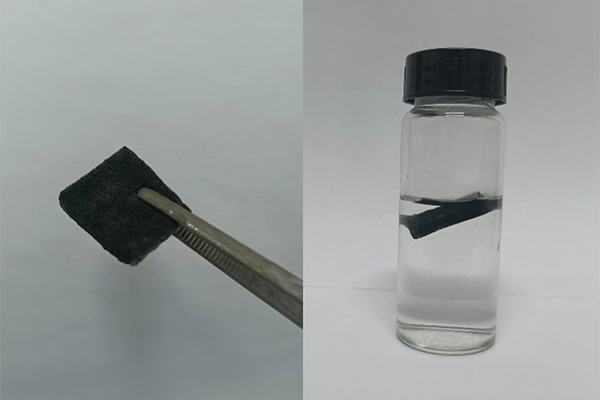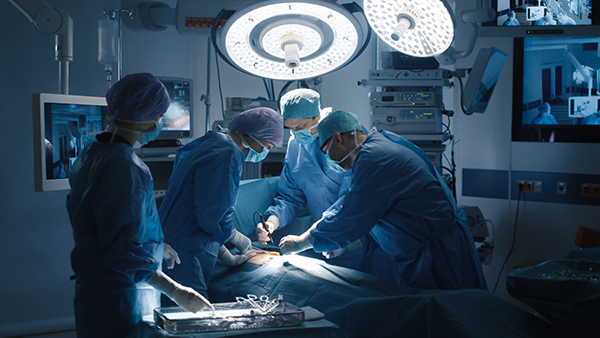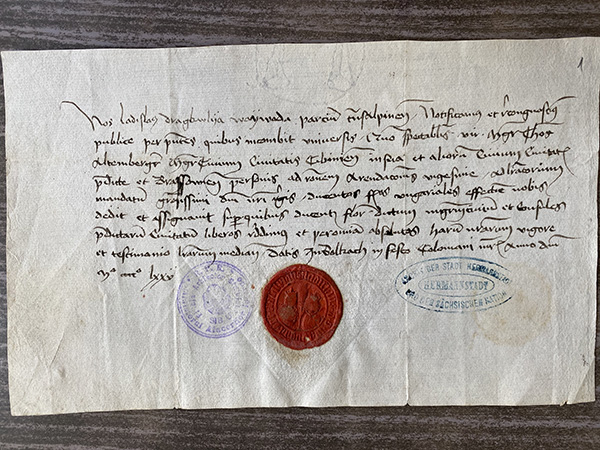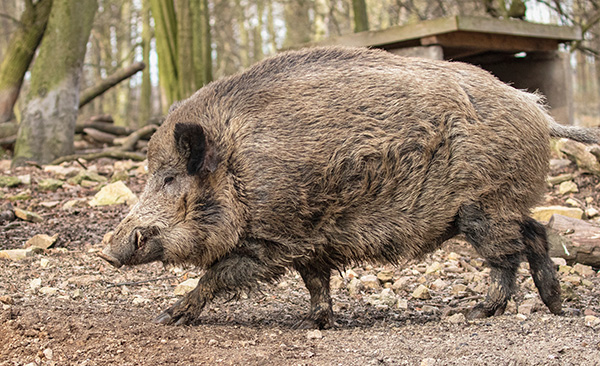FOR IMMEDIATE RELEASE
“The Utility of Human Milk Oligosaccharides Against Group B Streptococcus Infections of Reproductive Tissues and Cognate Adverse Pregnancy Outcomes.”
ACS Central Science
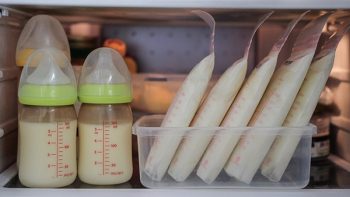
Breastfeeding has long been used as a method to help keep newborns healthy and protected against a variety of diseases. But certain sugars naturally found in breastmilk could also help prevent infections before a baby arrives. Researchers reporting in ACS Central Science have found that these sugars can stop a common prenatal infection in human tissues and pregnant mice. This could someday help avoid preterm births or complications without the need for additional antibiotics.
One of the most common bacteria that can affect pregnancies is Group B streptococcus (GBS). If left untreated, GBS infections can potentially lead to adverse effects, including neonatal pneumonia or preterm birth. Though treatments are available, they primarily rely on antibiotics, which can give rise to resistant strains. However, many of the compounds already present in human breast milk, such as human milk oligosaccharides (HMOs), naturally have antibacterial effects. Previously, Steven Townsend, Jennifer Gaddy and colleagues explored the antimicrobial effects of HMOs, finding that they could inhibit growth of GBS in vitro and in certain reproductive cells. But before the compounds could be used to boost existing antibiotics or become a new therapeutic option entirely, researchers need to show how the sugars work in many tissues and in vivo. So now, the team wanted to investigate HMO activity in GBS infections in pregnant mice and human tissues.
The team first analyzed the protective effects of HMOs on human tissue infected with GBS, using both ex vivo fetal tissues and an organoid model of the vagina. When they added a mixture of HMOs designed to mimic the sugar composition in breast milk, the bacteria could not adhere and form colonies. The HMO mixture was then tested in pregnant mice infected with GBS. The treated mice had a relatively typical level of inflammation, reduced numbers of bacteria in several reproductive tissues, and experienced no instances of preterm births, ruptured membranes or maternal deaths. Taken together, these results demonstrate that HMOs can have antimicrobial effects without additional antibiotics. The researchers say that this work could allow for these sugars to be used as a viable therapeutic option to treat GBS infection and prevent adverse pregnancy outcomes.
The authors acknowledge funding from the National Science Foundation, the National Institutes of Health and the Department of Veterans Affairs.
###
The American Chemical Society (ACS) is a nonprofit organization chartered by the U.S. Congress. ACS’ mission is to advance the broader chemistry enterprise and its practitioners for the benefit of Earth and all its people. The Society is a global leader in promoting excellence in science education and providing access to chemistry-related information and research through its multiple research solutions, peer-reviewed journals, scientific conferences, eBooks and weekly news periodical Chemical & Engineering News. ACS journals are among the most cited, most trusted and most read within the scientific literature; however, ACS itself does not conduct chemical research. As a leader in scientific information solutions, its CAS division partners with global innovators to accelerate breakthroughs by curating, connecting and analyzing the world’s scientific knowledge. ACS’ main offices are in Washington, D.C., and Columbus, Ohio.
To automatically receive press releases from the American Chemical Society, contact newsroom@acs.org.
Note: ACS does not conduct research, but publishes and publicizes peer-reviewed scientific studies.

